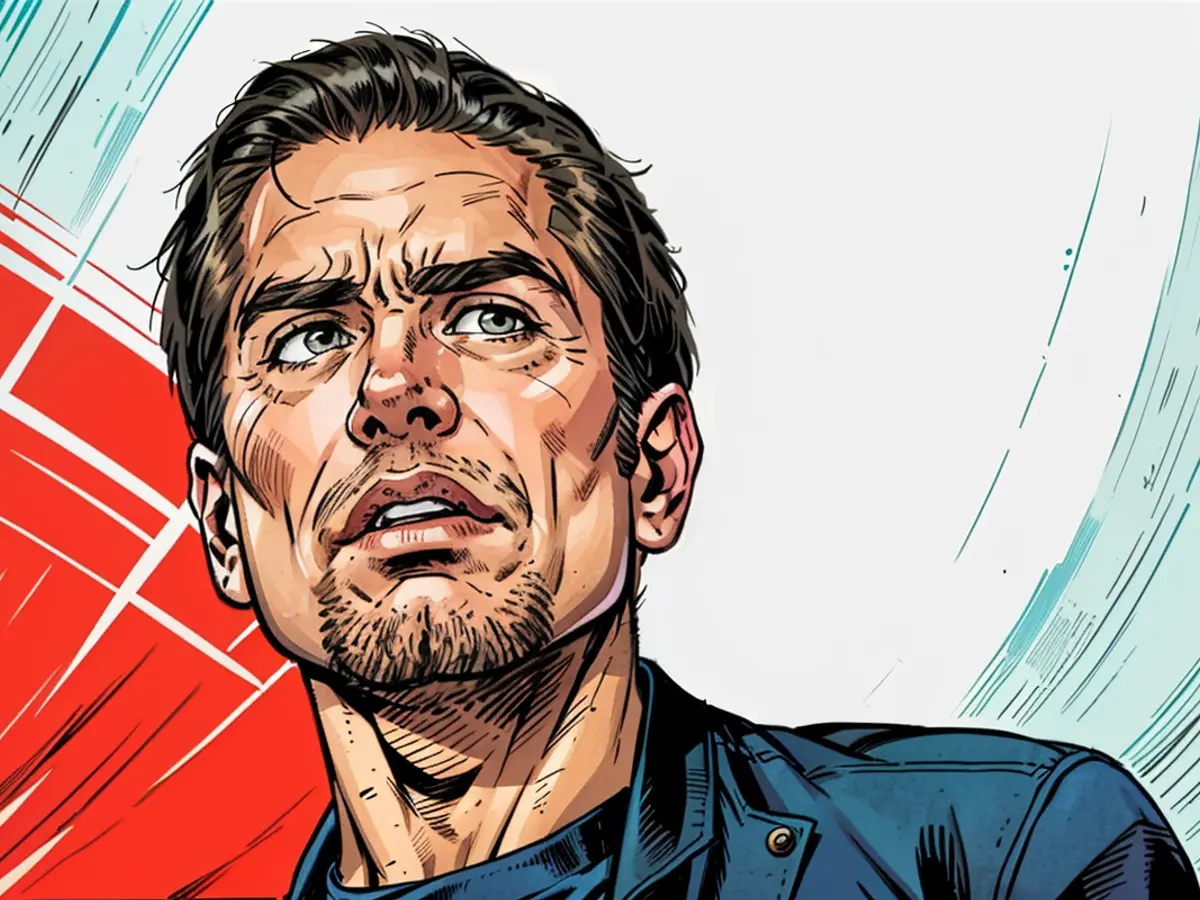After the coalition agreement - Kühnert advises traffic light to pause for breath in budget debate
After the agreement among traffic light coalition heads on a budget draft, SPD General Secretary Kevin Kühnert at least hopes for a temporary end to the debate. "Concrete discussions about corrections to the budget only make sense once the draft budget of the cabinet has been adopted. This will be the case on July 17," Kühnert told the Düsseldorf "Rheinische Post." "At least until then, the Berlin political scene and the people in the country should be allowed a little summer break."
Federal Chancellor Olaf Scholz (SPD), Economy Minister Robert Habeck (Greens), and Finance Minister Christian Lindner (FDP) settled the budget dispute that had been simmering for months in the night to Friday and agreed on key points for the Federal Budget 2025. The debt brake will be maintained, a state of fiscal emergency due to expenditures for military and humanitarian support for Ukraine will not be declared. This was important for the FDP and its Finance Minister Christian Lindner.
Defense Minister Boris Pistorius (SPD) could not push through his demand for an increase in the defense budget by more than six billion euros. He was only granted an increase of 1.2 billion euros. There is significant criticism, even within the traffic light coalition. SPD budget expert Andreas Schwarz has already demanded "substantial improvements" in the parliamentary proceedings.
General Inspector Carsten Breuer now expects guarantees for a significant increase in the coming years. "Given the threat situation, we need continuity," Breuer told the "Süddeutsche Zeitung." The 100-billion special fund will be legally bound in its entirety by the end of the year. With the acquisition of new weapons systems, operating costs have also risen. "What good is new equipment if the soldiers cannot operate it?"
The General Inspector warns that Russia could turn against NATO countries around 2029, therefore deterrence is so important. "Russia is currently building up potential that goes far beyond what it needed for the attack war in Ukraine. The Russian armed forces plan an increase to 1.5 million soldiers, that's more soldiers and soldiers than in the entire EU," so Breuer.
Kühnert describes the compromise of the traffic light coalition heads as a "good basis" for further budget deliberations. "Of course, the German Bundestag will still make smaller and larger changes to the budget in the fall," he told the "Rheinische Post." The Greens have already made it clear that they expect difficult negotiations in the Bundestag, and in several areas.
Leading finance and budget politicians of the Greens are demanding higher investments. "The Bahn must be better financed," said the Green budget expert Sven-Christian Kindler of the "Süddeutsche Zeitung." The government must guarantee the sanitation of the most important tracks. "I don't understand why the Finance Minister doesn't use all possibilities within the debt brake to enable more investments for rail infrastructure. That's a mistake."
Green Fraction Co-leader Andreas Audretsch told the paper: "Germany cannot afford to save money." All paths for more investments must now be exhausted in reality, be it in individual budgets, with the railway or via KfW. "We will have to invest more in order to deal with the threatening situations, protect our democracy, and secure our prosperity."
The chief of the Munich Security Conference, Christoph Heusgen, calls for an open debate on how far Germany is willing to sacrifice to enhance its own security. However, politics is shying away from this discussion, Heusgen told the Redaktionsnetzwerk Deutschland (RND). "We need a discussion on how much security is worth to us and what we are willing to give up when we anchor the two percent long-term in the budget." This refers to the NATO requirement for its member states to contribute at least two percent of their Gross Domestic Product to defense spending.
- Robert Habeck, the Green Party's leader, participated in the budget negotiations alongside Olaf Scholz and Christian Lindner.
- The SPD, FDP, and Greens, forming the traffic light coalition, reached an agreement on the Federal Budget 2025 following intense discussions.
- Following the agreement, FDP Finance Minister Christian Lindner expressed satisfaction with maintaining the debt brake and avoiding a fiscal emergency declaration.
- Kevin Kühnert, the SPD's General Secretary, expressed hope for a momentary break in budget debates, with discussions on corrections to begin on July 17.
- Andreas Schwarz, the SPD's budget expert, has already criticized the budget draft, demanding substantial improvements during the Bundestag's deliberations.
- Boris Pistorius, the SPD's Defense Minister, failed to secure an increase of more than six billion euros for the defense budget, settling for a smaller increase.
- General Inspector Carsten Breuer, of the Bundeswehr, expects guarantees for significant future funding increases due to escalating military expenditures and the need for new weapons systems.
- The acquisition of new weapons systems has resulted in rising operating costs, as denoted by General Inspector Breuer, who warns of Russia's potential to turn against NATO countries around 2029.
- In response to Breuer's concerns, Green budget expert Sven-Christian Kindler has urged the government to finance rail infrastructure better, claiming that insufficient investment is a mistake.
- Calls for investment in rail infrastructure have been echoed by Green Fraction Co-leader Andreas Audretsch, who emphasizes the need to secure prosperity and democracy by investing more in addressing threatening situations.
- Politicians must engage in a meaningful debate on how far Germany is willing to go to enhance its security, according to the Munich Security Conference Chief, Christoph Heusgen.
- The topic of how much security Germany is willing to sacrifice to meet or exceed the NATO defense spending requirement of 2% of GDP needs to be addressed and debated in the political landscape, as highlighted by Heusgen.








